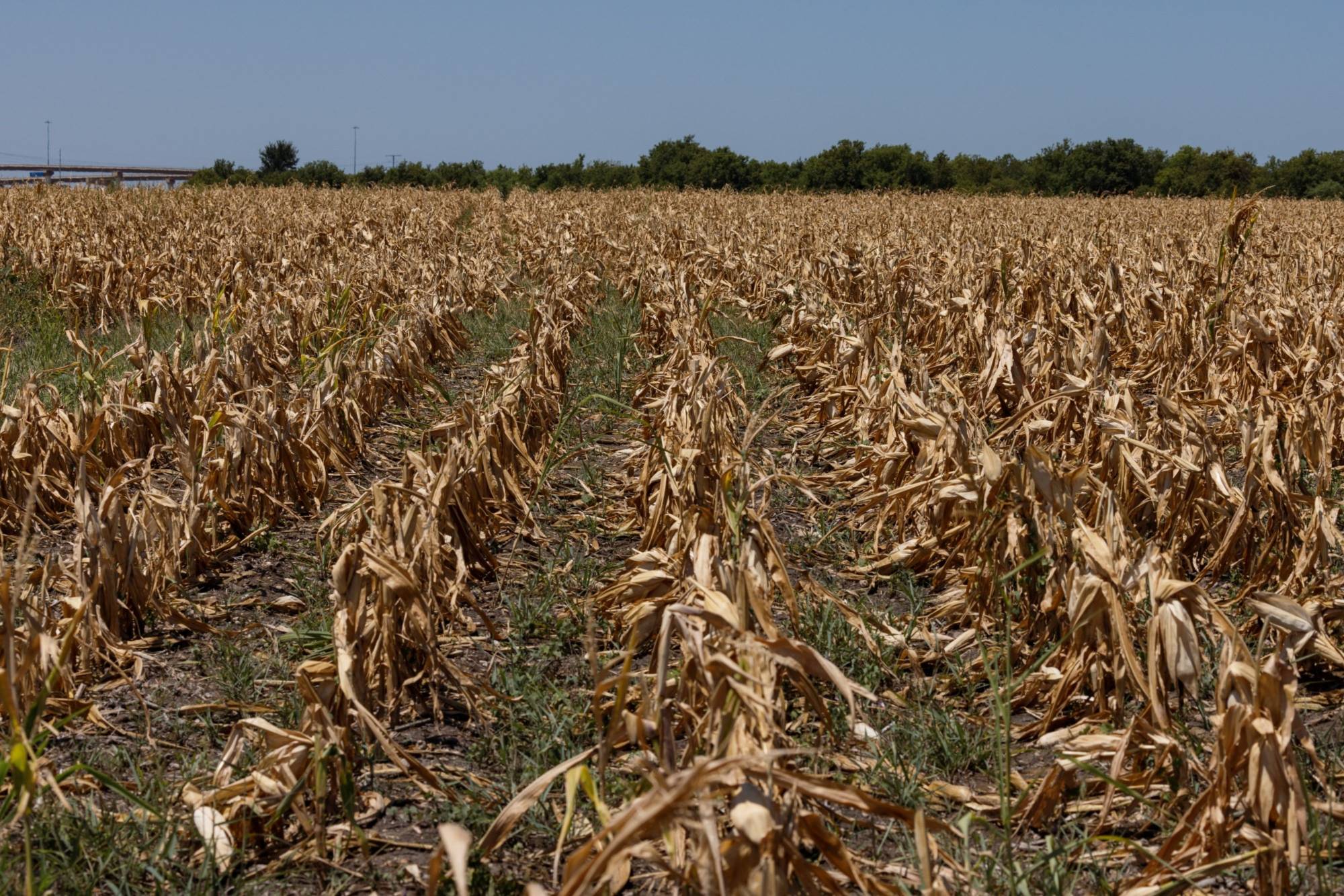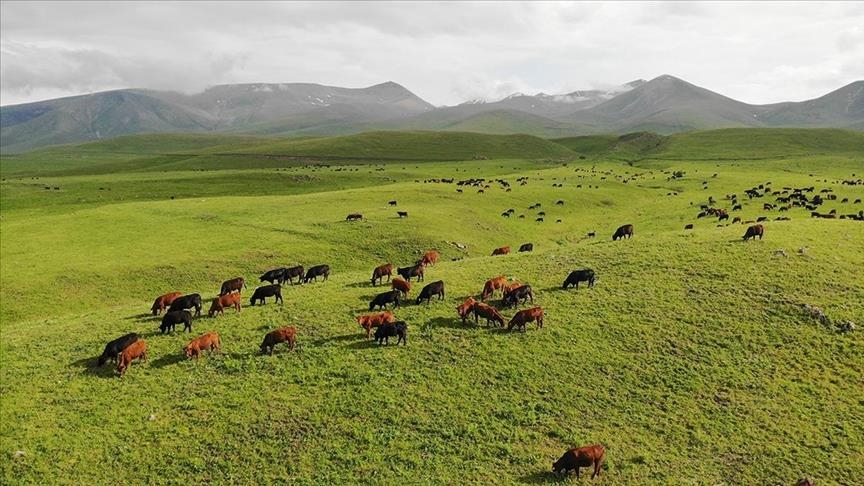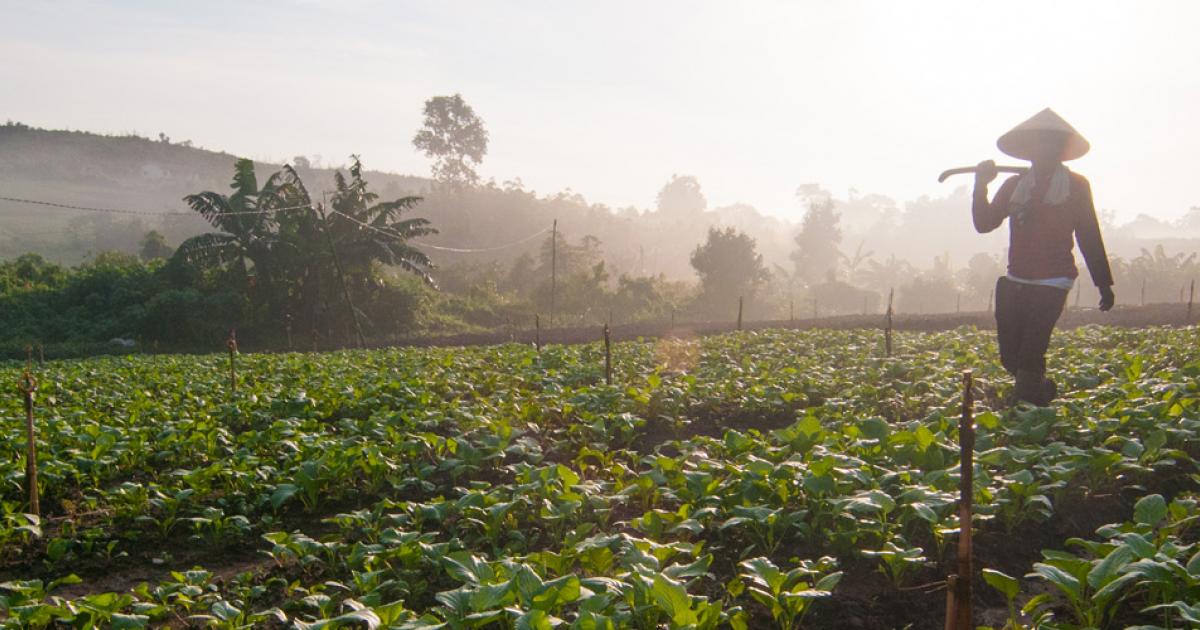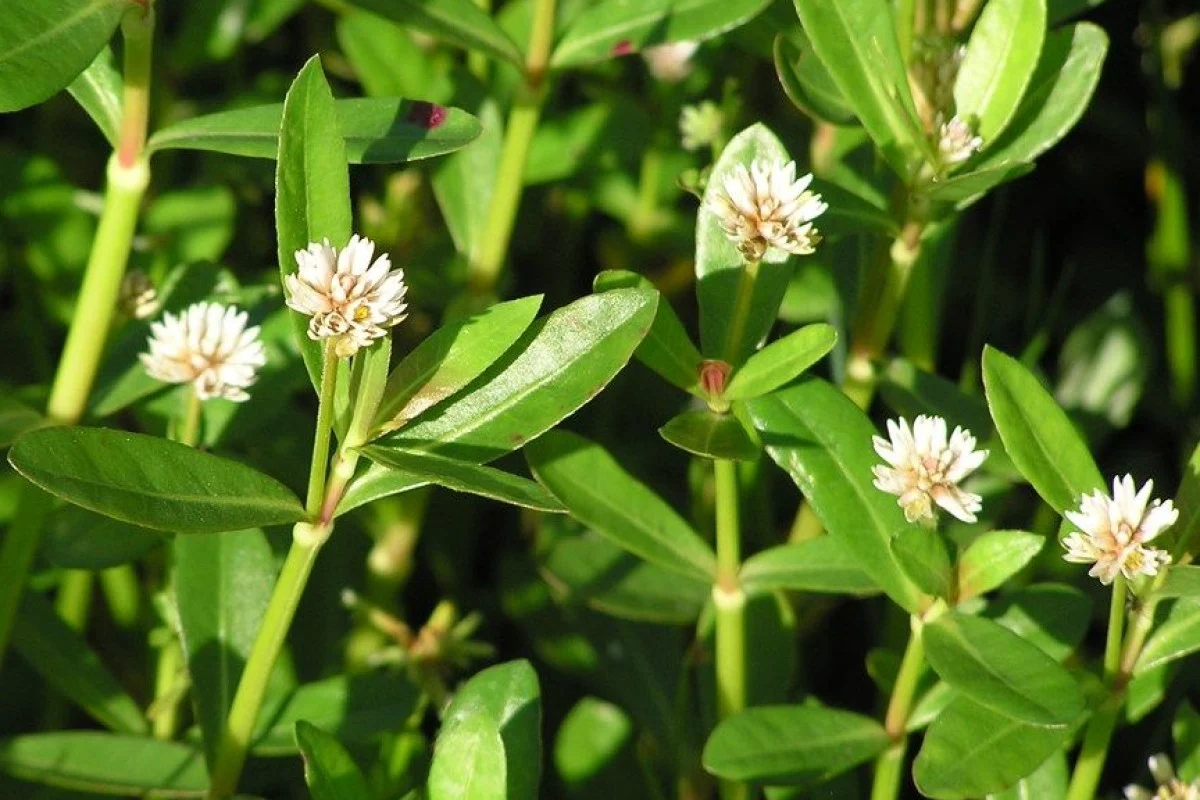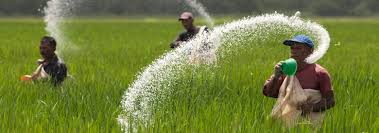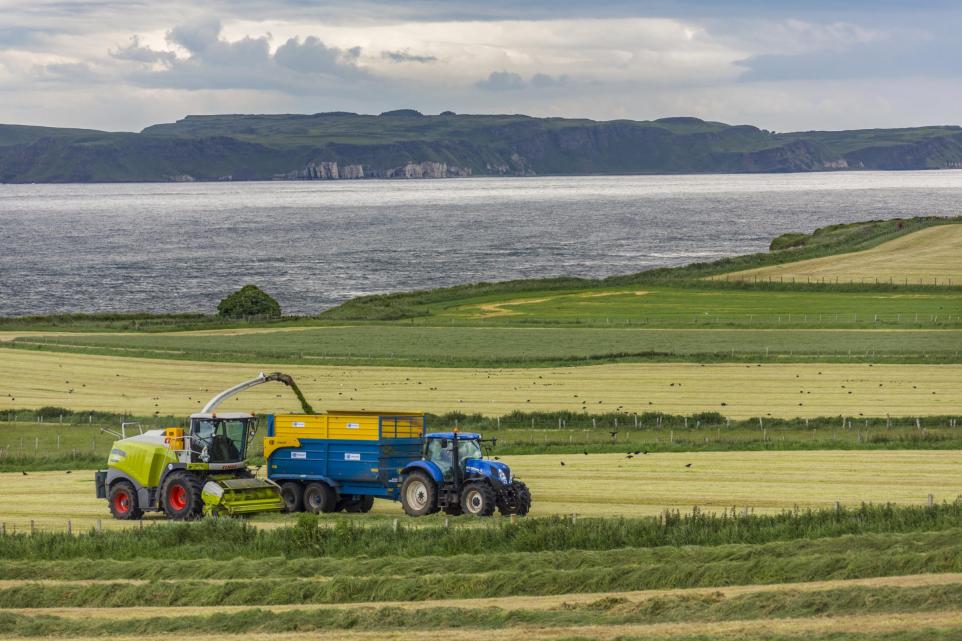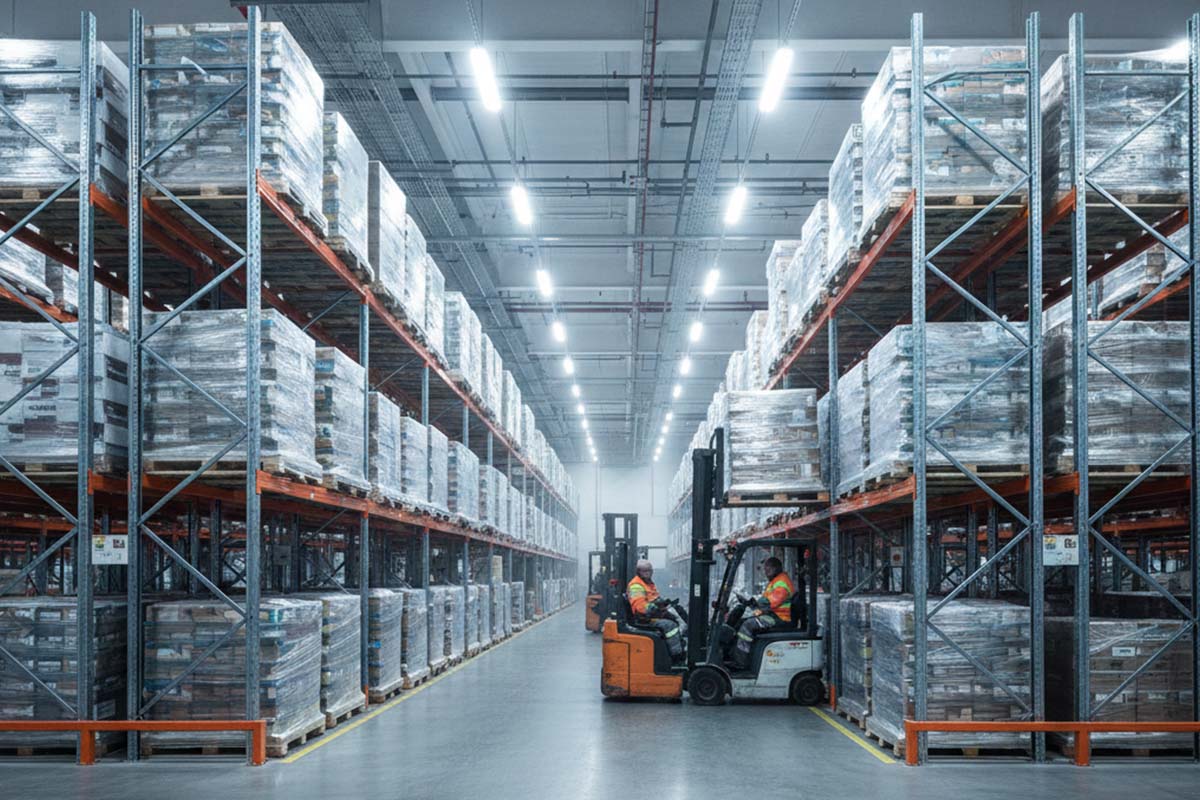The risks to Spain's agricultural sectors are increasing due to climate change's effects. After a poor cereal harvest, the ravages of the ongoing drought are spreading to other crops, such as grapes and olives. As droughts and heavy rains will become more frequent and more intense, Spain has to adapt because it is spending more water than it can afford.
Drought ravages spread to grapes and olives
The effects of drought in the agricultural sector are spreading to more and more crops, increasing losses for farmers, influencing food industries, and intensifying price increases for consumers. What a few months ago was a problem mainly for rainfed crops in the south and center of the country, although also for livestock and, to a lesser extent, for vegetables and fruit trees in areas with greater water stress, is now spreading to two key crops for the Spanish economy: grapes and olives, which will suffer an important production drop this season.
The grape harvest is starting earlier than usual and with rather negative results, as the sector expects production to be between 10 and 15% below last year's figures, which were not particularly good either. The wine sector is also facing a gradual decline in favor of other beverages, such as beer.
The olive sector fears a very bad harvest this year, 50% below expectations. Added to this is the fact that the remaining olive oil from last season, which serves to cover demand until the next harvest, is at historic lows, barely a quarter of normal. The olive oil sector is going through a very intense price crisis. The extreme drought during the last two seasons and the exorbitant rise in production costs are seriously jeopardizing the viability of the companies. For the moment, consumption of olive oil in Spain has already plummeted by 50% during the first six months of the year, and according to reports, "the consumer price has not yet reached its ceiling."
The cereal season affected by drought
According to the Ministry of Agriculture's provisional results, the 2022/23 cereal season ended with imports exceeding 19 million tonnes as a result of a poor national harvest.
Despite the low production, the high volume of imports, together with the fall in consumption mainly due to the reduction in livestock numbers, made it possible to build up a carryover reserve for the following marketing year of 3.6 million tonnes, the highest in recent marketing years. This level of reserves represents 10% of consumption.
The various forecasts for the new marketing year 2023/24 predict even worse yields, which for winter cereals could mean a reduction compared to the previous year of between 28 and 50 %, for maize of between 13 and 47 % or for sunflower of 30 %. Spain faces a challenging scenario with low cereal production, which will require turning to the international market to compensate for losses, but there are risks related to the conflict in Ukraine, supplies from Brazil, and increased exposure to climate risks, according to the report by Pablo Resco for Cajamar.
In 2030-2025, €375 billion losses due to drought
Predictions are not much better. Spanish agriculture could lose 17.5% of its income between 2030 and 2050, the equivalent of €375 billion, as a result of drought, according to a study by the credit rating agency Scope Ratings GmbH.
Agriculture is the sector with the highest exposure to drought risk in the EU, according to Scope's macroeconomic climate stress test. The agency notes that, overall, drought could cost the Spanish economy €4.6 trillion over the period 2030-2050, representing 5.8% of its GDP per capita over that period. Thus, Spain would hypothetically be the second most exposed EU country to loss of income as a result of lack of rainfall and heat waves, after Italy, which would lose €10 trillion, or 8.3% of its cumulative GDP per capita.
Spending more water than available
"It is a problem that we are not addressing realistically even though it is already happening and we are seeing its consequences," says Dr. Fernando Valladares, researcher in the National Museum of Natural Sciences. One of the most visible effects of climate change in Spain is the impact on available water. "It is leaving us without water. Not just because it is raining a little less but because it is often torrential rain, and you can't make as much use of it. Also, with the heat, water evaporates more, there is more demand, and the net balance is getting lower and lower."
Prof. Lucia De Stefano, from Botín Foundation's Water Observatory, adds that "we now have a meteorological drought. Another thing is the scarcity of water, which has to do with the use we make of it as a society. A meteorological drought usually worsens scarcity and can favor it, but it is not the cause on its own".
Are we spending more water than we can afford? "No doubt about it. Spain spends more water than it has, and the main problem is irrigation, a very difficult issue to address because, from an economic and social point of view, irrigated crops are very relevant," Sergio Vicente, one of the authors of the Sixth IPPC Report, spoke forcefully. Around 67% of Spanish plant production comes from irrigated crops.
"Two percent of Spaniards spend 80% of the water"
That was the headline of a recent article published in the main national newspaper. According to the article, agriculture uses 80.4% of the water consumed in Spain, taking into account that the country has around 935,000 farmers. In other words, less than 2% of the population consumes 8 out of every 10 liters available. The biggest consumers are the regions with the largest irrigated areas: Andalucía, Murcia, Valencia Region, Castilla y León, and Aragón.
Francisco Castillo reacted in Plataforma Tierra, pointing out the need for the media to differentiate themselves from the competition by using eye-catching headlines, which may not reflect the truth about a sector, but nevertheless influence public opinion. According to this agricultural engineer, there are three undeniable facts: Spain is going through a prolonged period of drought; agriculture in Spain consumes 80.4% of all water; and Spanish irrigation needs new technologies to improve its efficiency. For years, Spain has been engaged in investment plans for the modernization of its irrigation systems, which have more recently been joined by funds from NextGenerationEU.
The food water footprint
On the other hand, according to official figures, as Castillo quotes, the Spanish irrigation sector reduced its water consumption by 29.9% between 2000 and 2018.
Nevertheless, as the news' misleading headline indicates, it is necessary to replace the current irrigation systems with more efficient ones, as well as to implement new digital technologies to continue with this process. However, it is not true that 80.4% of Spain's water resources are consumed by more than 900,000 farmers. The food that farmers produce is not for their own consumption, i.e., 80% of the country's water resources are used to satisfy the food demands of the population.
Why are other actors in the agri-food value chain, such as industry, marketing, and distribution, not included in this water consumption? Why are the consumers of these foods not included in this water demand? For Mr. Castillo, the food water footprint should be shared between chain operators and consumers. The former by producing, transforming, marketing, and consuming the food, and the latter by using it in their own food.
Challenges in water management
An expert in agriculture and sociology, Dr. Eduardo Moyano, published an interestingly hopeful article last June, whose summary was: "There is ample Scope for action to improve our water infrastructure, some of which is already obsolete. There is also room to look for other water sources, such as desalination and the reuse of treated water, as well as to carry out transfers between rivers in the same hydrographic basin. Progress must be made in saving water by using new technologies, as well as improving the control and management systems of aquifers. Finally, new technologies must be used to make progress in the energy transition, making energy consumption more efficient".
Source - https://www.freshplaza.com


